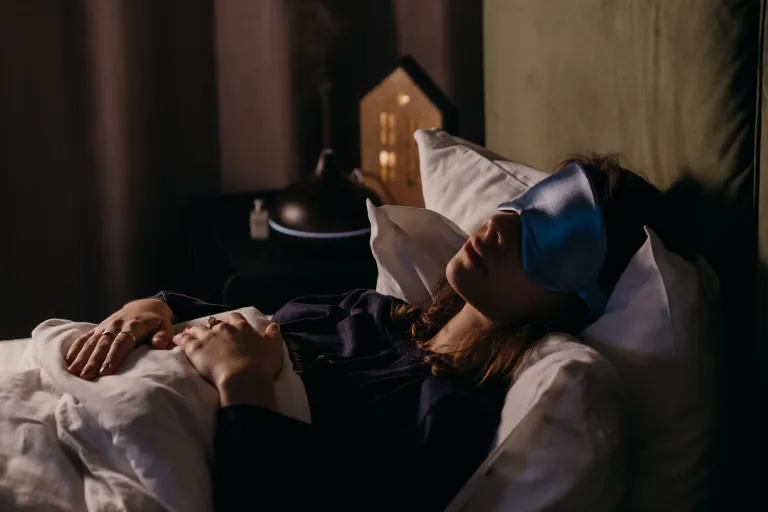Struggling to fall asleep—or stay asleep? You’re not alone. Sleep problems affect nearly one in three adults worldwide, but most solutions don’t need pills or gimmicks. Let’s explore simple, science-backed ways to reset your rest.
The Real Roots of Sleep Problems
“Why can’t I just fall asleep?” If you’ve asked this, the answer might be more complex than it seems. Sleep problems, including insomnia, often stem from:
- Stress and anxious thoughts
- Irregular sleep schedules
- Screen exposure before bed
- Late-night meals or stimulants
- Underlying nervous system imbalance
A 2021 review in The Lancet Psychiatry highlighted the bidirectional relationship between insomnia and mental health issues like anxiety and depressive states, showing that poor sleep increases the risk of both, and vice versa [1].
Action step: Start tracking what time you sleep and wake up. A consistent rhythm trains the brain when to wind down.
Subscribe for Free for More Health Blog Articles
Quick Wins for Better Sleep
You don’t need a total life overhaul to sleep better. Try adding or adjusting these simple habits:
- Wind down the lights an hour before bed.
- Avoid screens (phone, laptop, TV) 30–60 minutes before sleeping.
- Eat lighter dinners. Digestion can delay deep sleep.
- Try calming activities like journaling, stretching, or reading.
- Cool your room. The ideal sleep temperature is 16–19°C (60–67°F).
A 2022 study in Sleep Health found that reduced evening screen time improved sleep latency and quality in working-age adults [2].
Reset Your Nervous System at Night
Struggling with a racing mind in bed? Your autonomic nervous system might be in overdrive. Techniques to activate your parasympathetic system (rest and digest mode) include:
- Box breathing (inhale 4s, hold 4s, exhale 4s, hold 4s)
- Body scan meditation
- Humming or slow chanting
- Left-nostril breathing
These small practices help lower heart rate and quiet the brain.
A 2023 study in Frontiers in Psychology showed that vagus nerve stimulation through paced breathing and vocal exercises reduced insomnia symptoms and improved HRV (Heart Rate Variability) over a 6-week protocol [3].
In Summary
Sleep problems don’t need complicated solutions. A few key changes—timing, light, calm, and consistency—can lead to deeper, better sleep. Try a few tonight and give your body the rest it’s been craving.
This blog post aims to be informational and should not replace professional medical advice. Always consult with a healthcare provider for personalised advice.
Subscribe for Free for More Health Blog Articles
Citations
1. Freeman D, Sheaves B, Waite F, et al. Sleep disturbance and psychiatric disorders. Lancet Psychiatry. 2021.
2. Exelmans L, Van den Bulck J. Impact of evening screen use on sleep in adults: A cross-sectional study. Sleep Health. 2022.
3. Laborde S, Mosley E, Mertgen A. Vagus nerve stimulation and sleep quality: A systematic review. Front Psychol. 2023.



This is very interesting.